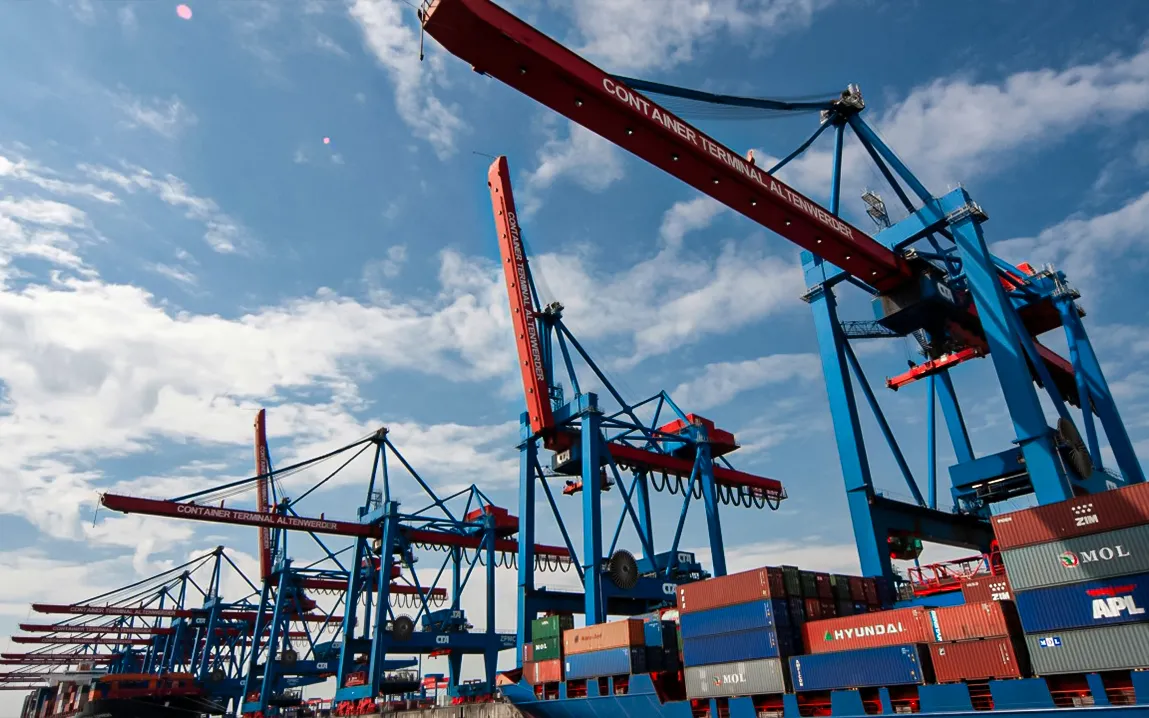What began as a political gesture has rapidly become a huge headache for the international tech sector. The U.S. government has imposed fresh tariffs on electronics and parts such as semiconductors. China responded with a trade retaliation. Today, tech firms worldwide find themselves caught in the middle of an escalating economic tug-of-war.
These tariffs mean higher costs for materials and components—especially for products made across multiple countries. For tech firms that rely on global supply chains, this is a huge problem.
Apple Looks for Plan B
Apple, one of the most famous brands on the planet, is particularly vulnerable. The firm has long relied on Chinese manufacturing. But now with these tariffs, Apple will have to pay more for components or look for other locations to assemble its devices.
That’s why Apple is also looking into Indian and Vietnamese factories. Shifting production isn’t simple, but Apple is attempting to get a jump on it by diversifying where and how it produces its devices.
Samsung Goes Another Way
The South Korean electronics behemoth Samsung is also coming under pressure. Though it already produces in multiple countries, the tariffs still hit important components such as chips and screens.
Samsung’s solution? It’s spending more in its native country and increasing research and development. The plan is to use fewer foreign components and be more independent.
Smaller Companies Suffer
Where large companies have choices, smaller tech companies are hurting. Most startups lack the funds or international presence to move manufacturing or absorb increased costs. For them, these tariffs might be the difference between staying in business or going out of business.
Governments Are Getting Involved
Tech firms aren’t keeping quiet. Lobbyists are urging Washington and other capitals’ politicians to reconsider the tariffs or provide backup. Some analysts caution that these barriers to trade will curb innovation—just as the world is pressing forward with new technologies such as AI, robotics, and green energy.
A Spark for Innovation?
All this mess will ultimately serve a purpose. Technology companies are being pushed to think outside the box—redoing supply lines, investing elsewhere, and doing better on sustainability.
By depending less on one nation or provider, the world of tech would become more secure in the future. This may even create fresh ideas and innovation in areas previously not considered.
No one knows where this trade war is headed. It may cool down, or it may escalate. But one thing is certain: the tech industry is shifting.
Firms will have to get with the times quickly, or get left behind. And as this soap opera plays out, regular consumers may begin to feel the impact too—perhaps through increased prices on phones, computers, and other devices.
It’s a waiting game for now, but the world’s largest players in tech already have a course of action lined up—and are not waiting to call a cease-fire.



